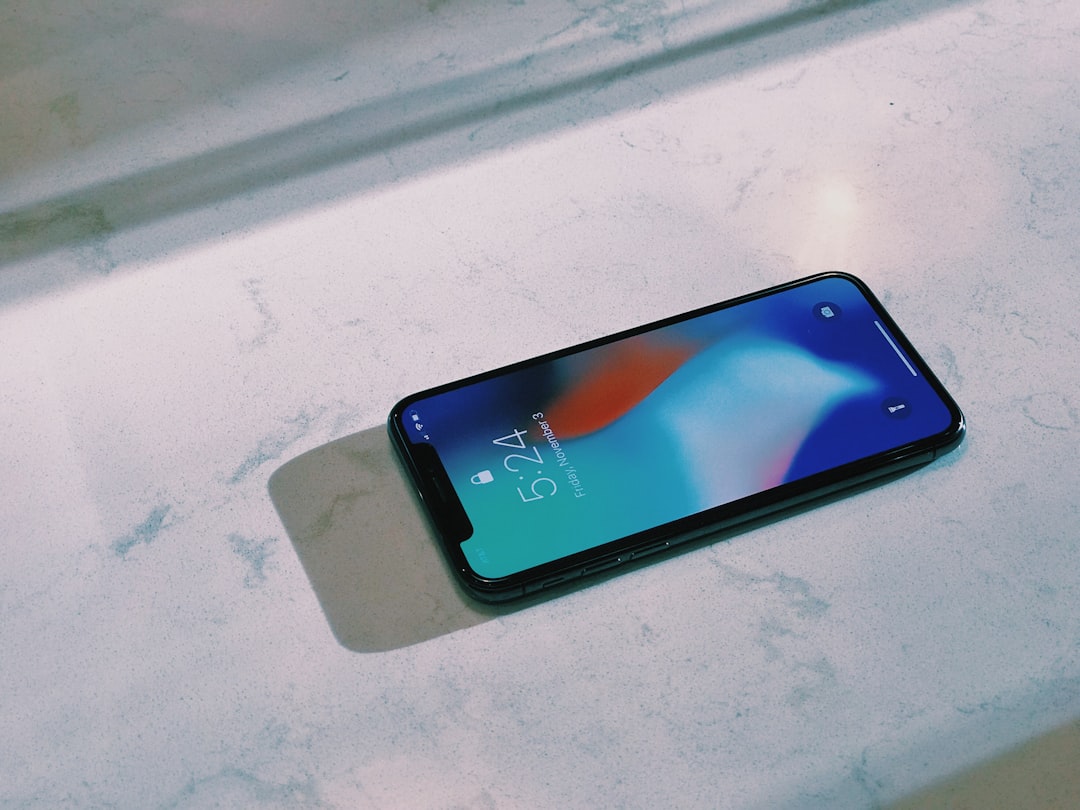Robocall scams are a growing concern in New York, but advanced call screening technology, combined with specialized legal expertise, offers effective solutions. These technologies, powered by AI and machine learning, identify and block fraudulent calls, while lawyers specializing in robocall litigation guide consumers through regulations and enforce stricter controls. This collaborative approach enhances protection against scam calls, ensuring a safer digital environment for New York residents. Consumers can take control of their communication and reduce the risk of fraud with the help of these advanced tools and legal guidance.
In today’s digital era, New Yorkers face an increasing onslaught of robocall scams, causing significant distress and financial harm. This article delves into effective solutions, focusing on advanced call screening technology as a robust defense mechanism. We explore the growing impact of robocalls in New York, dissecting their illegal practices and consumer protection efforts. By understanding how these systems work, we can implement enhanced call screening to safeguard our personal information and peace of mind, with guidance from a lawyer specializing in robocall laws.
Understanding Robocall Scams and Their Impact in New York

Robocall scams have become a significant nuisance and a growing concern in New York, affecting countless residents across the state. These automated calls, often delivered en masse, typically promote fraudulent schemes or try to sell unwanted products and services. The impact of robocalls is substantial; they disrupt daily life, waste valuable time, and can even lead to financial loss for victims who fall for these deceptively crafted messages. New York’s robust consumer protection laws aim to combat this issue, but the constant evolution of call screening technology and scamming tactics requires innovative solutions.
Hiring a lawyer specializing in robocall litigation in New York is one step individuals can take to protect themselves and hold scammers accountable. These legal professionals have the expertise to navigate complex regulations and help victims understand their rights. By employing advanced call screening technologies, residents can now identify and block these unwanted calls at an unprecedented rate, providing much-needed relief from the nuisance and potential dangers associated with robocall scams.
The Role of Advanced Call Screening Technology

Advanced call screening technology plays a pivotal role in combating the inundation of scam calls plaguing consumers, particularly in metropolitan areas like New York City. This innovative solution goes beyond traditional voicemail by employing artificial intelligence (AI) and machine learning algorithms to intelligently filter incoming calls. By analyzing call patterns, sender information, and keywords, these systems can identify and block robocalls before they reach the recipient’s phone.
For residents seeking respite from unwanted and often fraudulent calls, a lawyer for robocall in New York can be a valuable resource. These legal experts not only help individuals understand their rights but also advocate for stricter regulations to curb the use of automated telemarketing calls. With advanced call screening technology, however, consumers now have an extra layer of protection, reducing the likelihood of falling victim to scams and ensuring a safer digital landscape.
How Call Screening Systems Work to Block Scam Calls

Call screening systems have emerged as a powerful tool in the battle against scam calls, particularly in areas like New York where robocalls are prevalent. These advanced technologies employ machine learning algorithms to analyze incoming calls and identify patterns associated with fraudulent activities. By scrutinizing factors such as call source, number history, and call content, the system can accurately predict and block potential scam attempts before they reach the recipient’s phone.
The process typically involves several steps: first, the caller’s information is cross-referenced against known scammer databases. Then, natural language processing (NLP) techniques are employed to detect unusual phrases or requests often used by scammers during their pitches. If a match is found or red flags are raised, the call is seamlessly blocked, ensuring that legitimate callers are not disrupted while protecting recipients from deceptive practices. This technology offers a proactive approach, allowing individuals and legal professionals specializing in robocall litigation (like lawyers in New York) to stay ahead of evolving scammer tactics.
Legal Aspects: Protecting Consumers with a Lawyer for Robocalls

In the age of digital communication, robocalls have become a pervasive and often frustrating issue for many consumers. While federal laws like the Telephone Consumer Protection Act (TCPA) in the U.S. aim to curb excessive automated calling, enforcement can be challenging. This is where a lawyer specializing in robocall cases comes into play. In New York and other states, legal experts are leveraging these regulations to protect consumers from unsolicited and unwanted calls, ensuring businesses adhere to strict guidelines for consumer privacy and consent.
A lawyer for robocall cases can help individuals navigate the complex web of regulations and file lawsuits when necessary. They work with clients to understand the legal implications of automated calling practices and provide strategies to mitigate future robocalls. With their expertise, consumers have a powerful tool against illegal or intrusive call screening practices, ensuring their rights are protected in this increasingly digital landscape.
Implementing and Enhancing Call Screening for Better Consumer Safety

Implementing advanced call screening technology is a game-changer in the battle against scam calls, offering consumers an extra layer of protection. This innovative solution allows individuals to take control of their communication and significantly reduce the risk of becoming a victim of fraudulent activities. By utilizing sophisticated algorithms, call screening systems can intelligently analyze incoming calls, identifying potential robocalls or suspicious numbers before they reach the caller’s device.
In New York, where many residents are on high alert for deceptive marketing practices, this technology is particularly valuable. A lawyer specializing in robocall litigation can guide consumers on leveraging such tools and navigating legal options against persistent scammers. Enhanced call screening not only blocks unwanted calls but also provides valuable data for law enforcement and legal professionals to combat these scams more effectively, ensuring a safer digital landscape for all New Yorkers.






